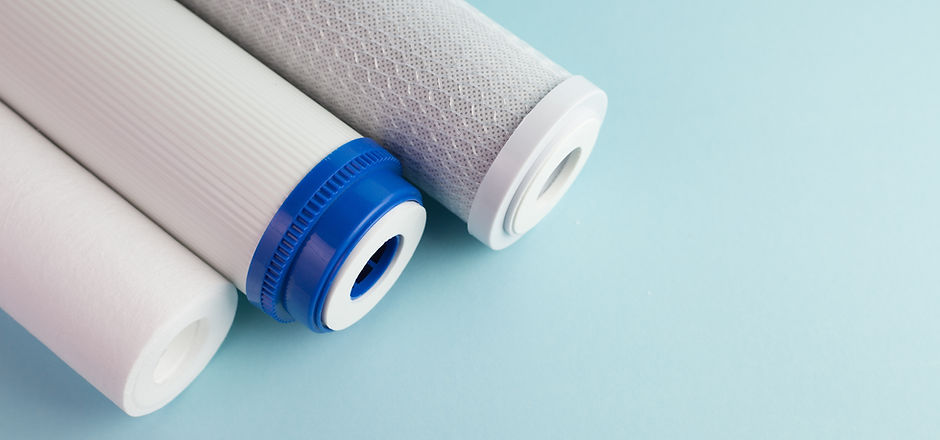FAQS
Find an Answer
We know there are always a whole lot of questions about our products and services. We are here to help answer questions and resolve any doubts you may have about our services, our products, and our company. Have a look through the questions and answers below for some of the most common queries. If you still can’t find the answer you are looking for, then just give us a call or send us an email.

Where does our water come from?

The Hydrological Cycle
As water continuously cycles & comes in contact with other matter, it picks up various impurities such as mold, dust, smog, bacteria, smoke, sulfur from industrial smokestacks (acid rain) and carbon dioxide.
Surface Water
Surface water (lakes, rivers, reservoirs) can become contaminated with impurities such as nitrates or animal waste from livestock or fungicides, pesticides and herbicides. From industry it can pick up things like arsenic and detergents.
Ground Water
Ground water is water that has percolated down through different layers of earth like clay, limestone and shale picking up impurities such as radioactivity, sodium, iron, calcium, magnesium and hydrogen sulfide.
How does water get to your home?


From the Source to your Home
Standard Level:
Municipally Supplied Water
More than 85% of us get our water from a municipal water treatment plant. Water is treated to a basic potable standard and distributed to your home through miles of underground pipe.
Disinfection agents such of chlorine or chloramines are commonly used to get the water safely to your tap.
Since only 1% of water is used for drinking, it is cost prohibitive to treat water to optimal drinking water standards. Additionally, since removing hardness is costly and not a safety issue, few municipalities remove hardness, leaving it up to the homeowner.
Optimal Level:
In-Home Filtration Systems
Municipally supplied potable water is not necessarily optimal quality.
Optimal water is free of hardness minerals, disinfection agents (chlorine / chloramines), rust, iron, total dissolved solids (TDS) and organics.
Nimbus Water Conditioning Systems provide you with optimal quality water - soft, luxurious water that is free of bad tastes and odors and other impurities.
Why do we need water filtration?


When it comes to improving the water in your home it is helpful to classify your water into two categories. Each category has a different purpose and required level of water conditioning:
01
Working Water
Working water is used for bathing, laundry, washing clothes and cleaning. Optimal working water is free of:
-
Hardness minerals (calcium and magnesium)
-
Iron, sulfur, manganese, tannins (organic color) or suspended materials such as sand and silt
-
Taste & odor from chlorine (chlorine may be necessary to get water safely to your home but it is undesirable to ingest or breathe in
-
pH imbalances that can lead to acidic, corrosive water
02
Drinking Water
Drinking water is perhaps the most important type of water because we ingest it. It also requires the most amount of treatment to ensure we have the best quality of healthy, clean great tasting water.
With aging infrastructure, municipalities can not always ensure the safety of your water as the number of boil water orders is significant.
How Do I Know What Solution is Right for Me?
Recommending a proper solution starts with a water analysis. Most of the time we can do a test of your water on site.
We can also send your water sample to our network of labs to test your water for:
-
Hardness
-
Iron
-
Manganese
-
pH
-
Total Dissolved Solids (TDS)
-
Tannins
We can then recommend a solution based on your analysis.
If you have concerns about the safety (potability) of your water supply we recommend a complete water analysis be conducted. Bacteria tests are usually conducted for a small fee at a National Lab or at your Local Health Department.

